Solar Direct FAQs
- 30% Federal Tax Credit
- Raise Your Home's Value
- Reduce Your Energy Bills From Day One
- $0 Down Financing
- 30% Federal Tax Credit
- Raise Your Home's Value
- Reduce Your Energy Bills From Day One
- $0 Down Financing
FAQ Page Form
We will get back to you as soon as possible.
Please try again later.
Frequently Asked Questions About Solar Panels
Have a question about switching to solar energy? Solar Direct has the answer. Check out these FAQs below, and request a free installation quote from Solar Direct for your home today!
-
What are the environmental benefits of solar energy?
A - Switching to solar energy helps reduce fossil fuel emissions (greenhouse gasses) and shrinks your carbon footprint by reducing the demand for dirty electricity.
Most of the electricity in the US is dirty electricity produced by burning coal or natural gas in a large facility. Solar panels use energy from the sun and create zero carbon dioxide or other air pollutants.
-
How do I find out how much I'm paying for electricity to estimate my savings from solar?
A - Your electric bill provided by your utility company each month will have a price per kilowatt hour and list your monthly usage and year-over-year usage. Completely offsetting your electrical bill with solar power is possible. SOLAR DIRECT can help you design the right system for your electricity usage.
Some online calculators are available; however, each home is different. SOLAR DIRECT will complete an analysis based on your home's electricity needs and provide a clear statement of savings on your system based on your current utility bill.
-
What is net metering?
A - Net metering allows solar energy producers to use their energy anytime, not only when producing solar energy. Solar power systems typically generate more electricity during the daytime than their household. Net metering allows the excess energy to be sent to the grid and used at a later time.
Net metering is a way to save any excess solar energy that you don't use. Your panels collect solar energy throughout the day. If your home doesn't use all this energy as your solar system generates it, net metering allows the excess energy to be sent back to the utility grid and utilized later.
-
Is my roof suitable for solar panels?
A - Adding solar to your home is minimally invasive to your roof. However, homeowners planning to install a roof mount system should have their roof inspected before installation. Homes with older roof coverings that may be nearing the end of their life expectancy should consider replacing them before installing a roof-mount solar system.
It's always a good idea to have your roof inspected if it is an older roof (older than ten years) or has had any recent leaks or issues before installing your solar system. SOLAR DIRECT can help determine if your roof is a good candidate for a roof-mount procedure.
-
How long will my solar power system last?
A - The industry-standard life expectancy for a tier-1 solar module is 25 years. Inverters and electrical components typically have a short lifespan. SOLAR DIRECT can provide a 30-year warranty above and beyond the manufacturer's warranty on solar panels, inverters, and racking.
-
Can I place solar panels on the ground?
A - Yes. Placing a ground-mount system is an excellent option if you have the space that conforms to your local building code requirements for ground-mount solar installation.
Typically, a ground mount system can produce more electricity than a rooftop system based on the available surface area on which to place panels. Ground mount systems are an excellent alternative to roof mount systems if you have the space that conforms to your local building code for solar installation.
-
In which direction should my solar panels face?
A - Solar panels need the highest amount of exposure to sunlight possible. In Iowa and the midwest US, the preferred arrangement for solar systems is south-facing, followed by west-facing. South-facing or west-facing arrangements are preferable for the Northern Hemisphere.
-
How do solar systems work?
A - Solar panels create direct electrical current (DC power) when exposed to sunlight. The DC current is then passed through an inverter to create alternating current (AC power). The AC power is then sent to your electrical panel and fed through the circuits in your home.
B - Solar panels come in various types of materials. The most common solar panel type is Silicon mono-crystalline. Silicon is found in nearly all types of rocks and sand. Silicon is gathered and forged into a large crystal. The Silicon crystals are thinly cut into wafers and arranged like tiles into a module. The wafers are soldered together in series and sealed under a sheet of glass inside a metal frame. When sunlight strikes the silicon wafers, a charge is produced between the top side and bottom side of the wafer. This charge produces current through the series of wafers and is sent out through a cathode and an anode on the back of the solar panel. By constructing an array of panels, a solar system can generate enough power to run an entire home.
-
Will my system need maintenance?
A - Little to no maintenance is needed on solar systems. They are a “set it and forget it” type of product however, if heavy dust and/or debris collects on the surface of your solar panel, it may have a small negative effect on their performance. Cleaning the glass surface of your panels periodically will ensure your panels are producing at their peak.
B - Typical solar panel applications area arranged so that the panels are tilted to some degree, whether roof mounted or ground mounted. This helps rain, snow, and other debris slide off of the surface of the panels. Keeping the surface of your solar panels clean and clear of dirt or debris will help ensure your system is providing top performance. Other electrical components (inverters, racking, and cables) if properly installed should be maintenance free.
-
Can solar panels be recycled?
A - Yes! Silicon Cell solar panels can be and are regularly recycled at their end of life.
-
On what types of roof covering materials can solar be installed?
A - Solar arrays can be installed on rooftops of all types as well as ground-mounted. Roof mount racking systems can accommodate many roof covering materials such as: clay tile, asphalt shingle, cedar shake, and metal roofing.
-
What happens when my power goes down? (Utility or solar? With or without backup?)
A - If you have a grid-tied solar system and the utility grid goes down during the daylight, your solar system will continue to produce power. As long as you're using less power than your system is making, your home can still function electrically.
B - If you have a battery backup system, your home will begin to draw power from your battery source.
-
How do batteries work for my solar system?
A - You may choose to use a battery backup with your grid-tied solar system. In the event your utility grid goes offline, your home will begin to draw power from your battery.
B - A battery backup may be beneficial to you if you experience frequent power outages due to weather or old utility infrastructure. Your solar system can charge and maintain a backup battery with the power it produces using a hybrid inverter and battery charge controller. In the instance your utility grid goes offline, your home will begin to draw power from your backup battery. When the battery is depleted, it will rely on your solar panels to recharge once again.
-
Can I add solar panels now and add a battery storage device later?
A - Yes. However, in order to save money and headaches later, please let your installer know right away that you plan to add a battery at a later date. This decision may affect the solar array design and size, as well as the size and type of inverters you’ll need.
-
Will solar work on my house?
A - In a nutshell, probably! If your home has modern electrical circuitry, sun exposure during the daytime, and a roof in good shape or yard space, it’s very likely we can design a solar system for your house.
B - If your roof is in good shape, or have yard space that conforms to local building code requirements for solar system setbacks, and your home's electrical service & circuitry is modern, adding solar to your home should be fairly simple.
-
Should I repair or replace my roof before adding solar?
A - Possibly. If your roof is nearing the end of life expectancy, or has major wear, leaks, or recent damage, you should consider replacing your roof before installing a roof-mount solar system.
B - If your roof is 10 years old or older, it’s a good idea to have it inspected before installing a roof-mounted solar system. Solar Direct can help you with that process if needed.
-
How long does it take to install my solar system?
A - Most residential roof-mount systems can be installed in 1-2 days.
-
Will my solar system come with a warranty?
A - Industry standard manufacturer’s warranties for solar panels is 25 years. Manufacturer’s warranties on inverters and micro inverters vary, spanning from 5 to 25 years. Solar Direct can provide an outstanding 30-year warranty on your solar panels, inverters, and racking.
-
What if my system has a problem?
A - If you’re experiencing an issue with your solar system, give us a call. We will follow up with an inspection, diagnosis, and repairs if needed.
-
What is the process to obtain my solar permit in the city I live in?
A - Solar Direct will handle the necessary permitting for your solar installation project.
B - On a standard residential roof-mount system, the city will require detailed information about your home and proposed solar system. You can expect to provide an engineered plan accompanied by dimensional drawings, as well as fees and scheduled inspections.
C - Solar Direct makes the process easy. We handle all of the permitting for you, including submission of design plans, drawings, fees, and inspections.
-
How do I read my current electric bill?
A - On your bill, there will be a section that lists your current monthly usage in kilowatt-hours (kWh) and the amount charged per kilowatt.
-
Will solar affect my home-owners insurance?
A - It is in your best interest to consult with your homeowners insurance provider and start the conversation. Adding to or upgrading your home through solar or other home improvements may increase the value of your home, and protecting those assets with an appropriate insurance policy is recommended.
B - It is in your best interest to include your new solar system on your homeowners insurance policy. Please contact your insurance provider for specifics about your policy.
-
Will solar affect my home value?
A - Depending on your local and county assessor's method of calculation, it is likely that adding a solar system to your home will increase your home’s value.
B - According to the Appraisal Journal, a home’s value increases by about $20 for every $1 decrease in energy cost. For instance: if a home's solar system saves $600 per year in electricity bills, that home’s value may increase by $12,000.
-
What's the difference between a battery back-up and a generator?
A - A battery is an energy storage system. A generator creates an electrical current by typically burning a fuel source.
-
What are the benefits of owning a solar system?
A - Helping reduce greenhouse gasses by reducing the dependence on utility-scale produced electricity.
B - Decreases the dependence on fossil fuels
C - Reduces a home’s electricity bill
D - Is a green, clean energy source
E - Solar is made of Silicon, one of the most abundant elements
F - Solar energy is the most abundant energy source on earth. 170,000 terawatts of solar energy reach the earth’s surface every day.
-
What are the environmental benefits of solar?
A - Switching to solar energy helps reduce fossil fuel emissions (greenhouse gasses), and shrinks your carbon footprint by reducing the demand for “dirty” electricity.
B - Most of the electricity in the US is produced by burning coal or natural gas in a large facility. Solar panels simply use energy from the sun and create zero carbon dioxide or other air pollutants.
-
How do I find out how much I pay for electricity and estimate savings I would see from solar?
A - Your electric bill provided by your utility company each month will have a price per kilowatt hour and list your monthly usage as well as your year-over-year usage.
B - It is possible for your electric bill to be 100% offset by solar power. Solar Direct can help you design the correct system for your electricity usage.
C - Some online calculators are available. However, each home is different. Solar Direct will complete an analysis based on your home’s electricity needs and provide a clear statement of savings on your system based on your current utility bill.
-
What is net metering?
A - Net metering allows solar energy producers to use the energy they produce at any time, not only when the solar energy is produced. Solar power systems typically generate more electricity during the daytime than their household. Net Metering allows the excess energy to be sent to the grid and used at a later time.
B - Net Metering is a way for solar energy to be used at a later time if it’s not needed at the time it’s created. Solar energy is produced during the day. If your home doesn't use all of this energy as it is being produced by your solar system, net metering allows for the excess energy to be sent back to the utility grid and used at a later time.
-
Is my roof suitable for solar panels?
A - Adding Solar to your home is minimally invasive to your roof, however homeowners that plan on having a roof mount system installed should have their roof inspected prior to installation. Homes with older roof coverings, or roof coverings that are near end-of life expectancy should consider having them replaced prior to installing a roof mount solar system.
B - It’s always a good idea to have your roof inspected if it is an older roof ( older than 10 years), or has had any recent leaks/ issues prior to having your solar system installed. Solar Direct can help determine if your roof is a good candidate for a roof-mount system.
-
How long will my solar power system last?
A - Industry standard life expectancy for a Tier 1 solar module is around 25 years. Inverters & electrical components typically have a short lifespan.
B - Solar Direct can provide a 30-year warranty above and beyond manufacturer’s warranty on solar Panels, Inverters, and Racking.
-
Can I place solar panels on the ground?
A - Yes. If you have the space, and that space conforms to your local building code requirements for ground mount solar installation, placing a ground mount system is a great option.
B - Typically, a ground mount system can produce more electricity than a roof top system simply based on the available surface area on which to place panels. If you have the space, and that space conforms to your local building code for solar installation, Ground Mount systems are a good alternative to roof mount systems.
-
What direction is it preferred for solar panels?
A - Solar panels need the highest amount of exposure to sunlight as possible. In Iowa ( or midwest USA) the preferred arrangement for solar systems is South-facing, followed by West-facing.
B - In the Northern Hemisphere, a South-facing or West-facing arrangement is preferred.


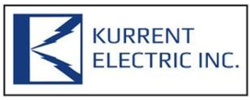



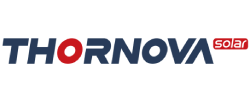


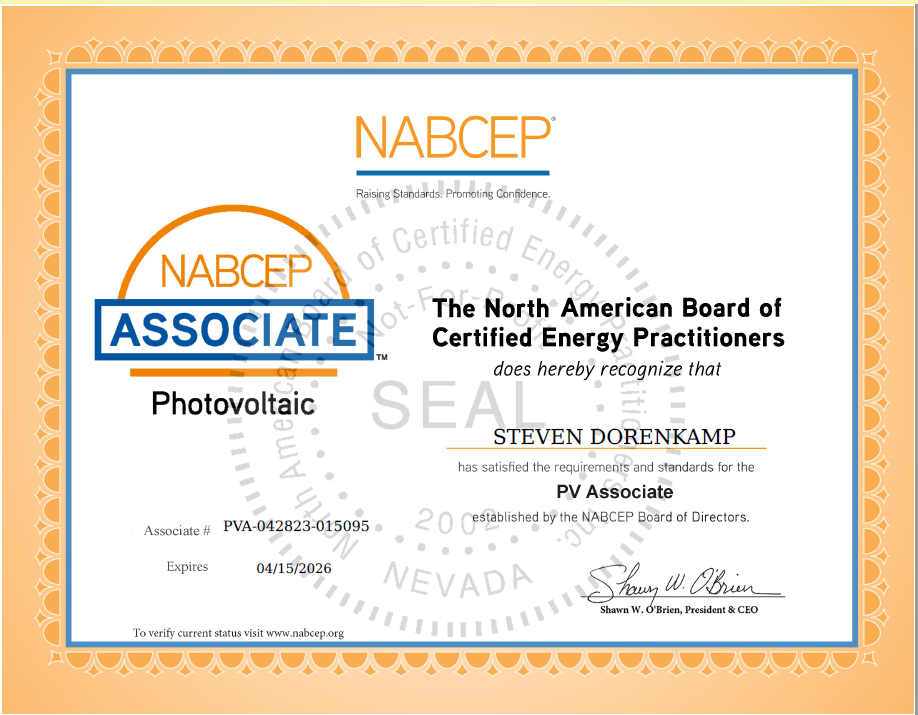
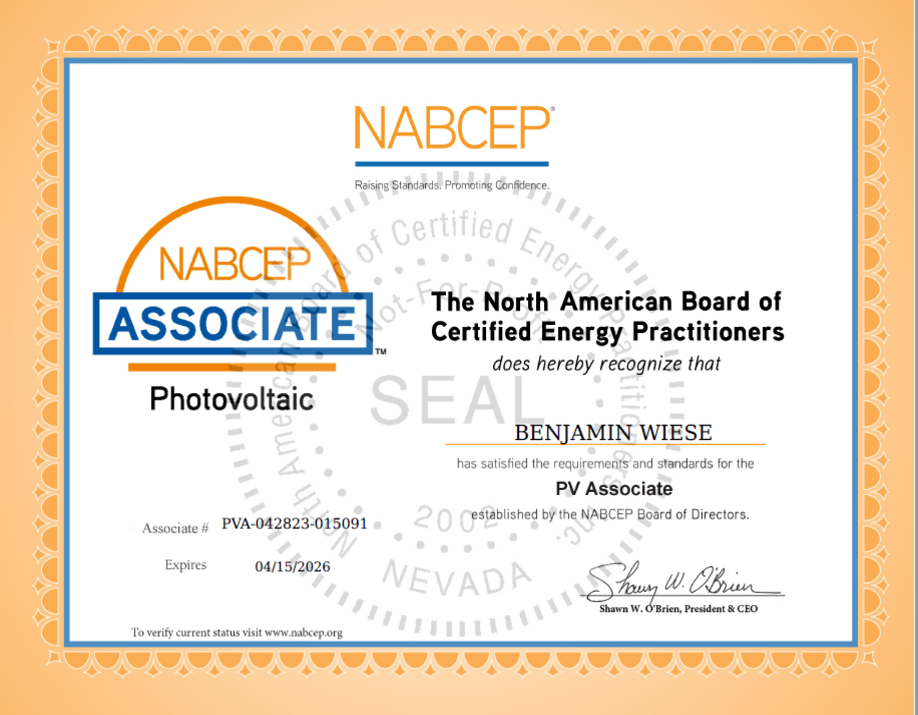
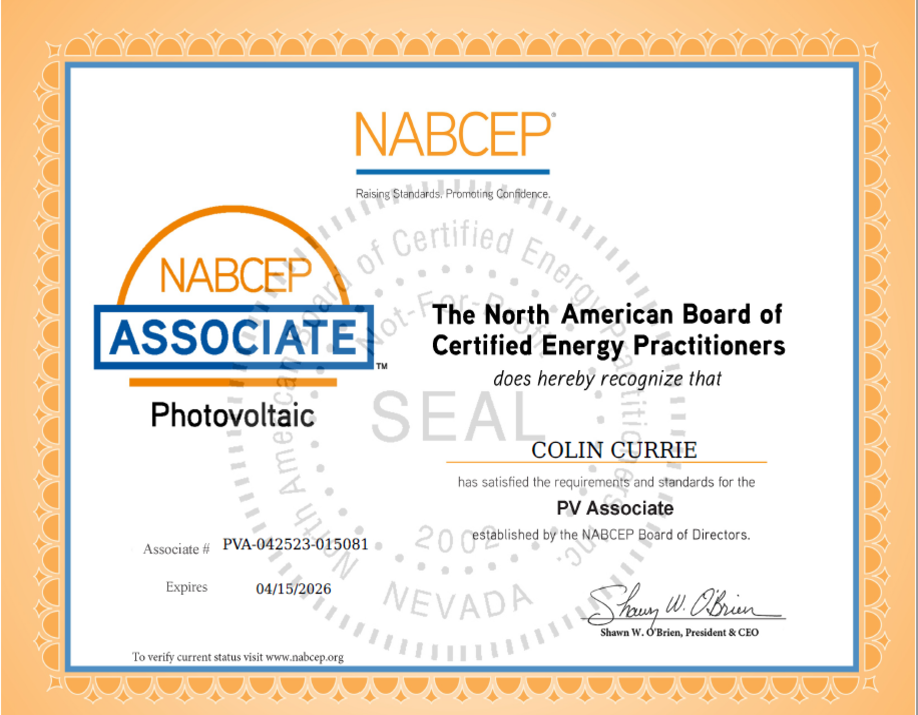
Share On: